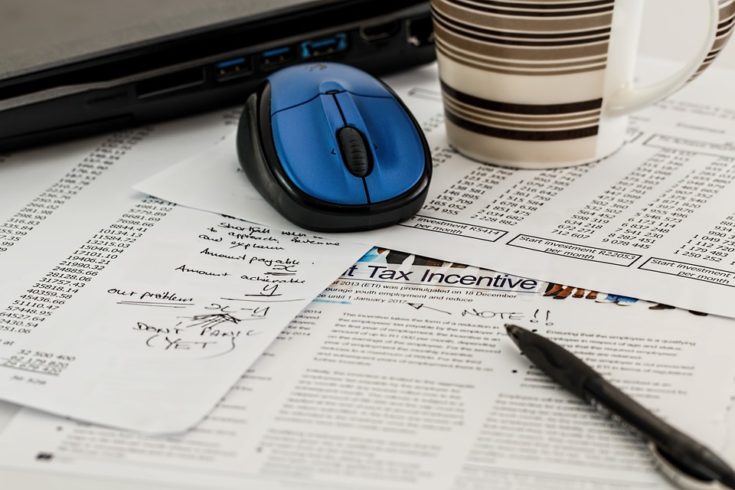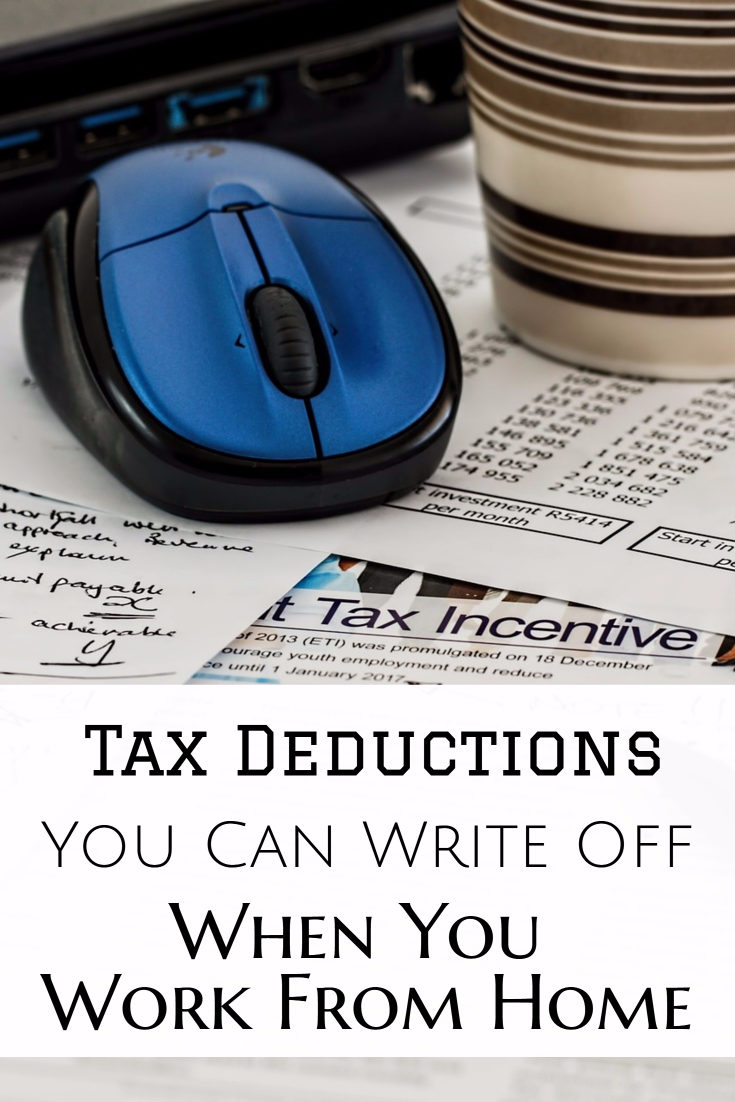Disclosure: This post may contain affiliate links, meaning we get a commission if you decide to make a purchase through our links, at no cost to you. Please read our disclosure for more info.
Last Updated on July 27, 2020 by Work In My Pajamas
Working from home carries numerous advantages up to and including lower taxes. When a lot of time is spent working out of a home office things that normally wouldn’t be deductible are suddenly up for grabs, and even if you only work at home on a part-time basis you can reap the benefits. There’s also an added bonus that a lot of people don’t know about: Everything that’s used for business purposes can net you a tax deduction.
In This Post:
The Home Office
Contrary to popular belief, a home office doesn’t need to be in a dedicated room; it can be a set amount of space that is used solely for work. This applies even if you do a lot of your work outside the home, such as in the case of a traveling salesman. If there’s a corner in your living room that you use to do your accounting and make business-related phone calls or meet with clients, it can be written off as a home office. Another deduction can be added for storage space that’s dedicated to business supplies and products, so make sure to take advantage of that.
Internet, Utilities, and Cleaning, Oh My!
If you work for eight hours a day using your Internet connection, that’s a deduction, and so is the electricity, water, and other services in use during that time. If you drive to a coffee shop and work on your laptop, the fuel cost of the miles driven can be deducted. If you hire a cleaning service, a portion of that bill can be deducted from your yearly taxes.
Make sure not to get carried away with this; snacks are not deductible, and if you make multiple stops on the way to the coffee shop, make sure you only try to write off the fuel cost and mileage that would be associated with driving straight from your home to the actual coffee shop. If you drop off multiple items at a dry cleaner, only those that are work-related qualify as deductibles so don’t try to get a deduction on the complete bill.
Also, when it comes to household services and utilities, some deductions are based on how much they are used for work purposes while others depend on how big of a percentage of your living space is devoted to work. If your home office comprises five percent of your household, then that’s roughly how much you’ll be able to subtract from the cleaning bill. Make sure you talk to a tax expert so you know which is which before you try writing off the entirety of your maid’s salary as a business expense.
The Tax Benefits of Selling a House
If you’re going to sell your home at any point in the future, having part of it set up as a home office is a huge advantage. Single-filers can get up to a $250,000 profit exemption on any house sale that would normally be taxed, and joint-filers can get twice that amount. The specifics are a little tricky so it’s even more important to talk to a tax consultant about this than it is with most other write-offs, but the savings that can be had are incredible even if you don’t qualify for the full exemption.
There are a lot of other business related write-offs that add up to a much lower tax burden if they’re leveraged properly, so make sure you run every possibility past your accountant or tax consultant before you assume that something can’t be deducted. The US is very kind to the self-employed and those who work from home when it comes to deductions, and it would be crazy not to utilize every last one of them. Enjoy your newly fattened wallet.





